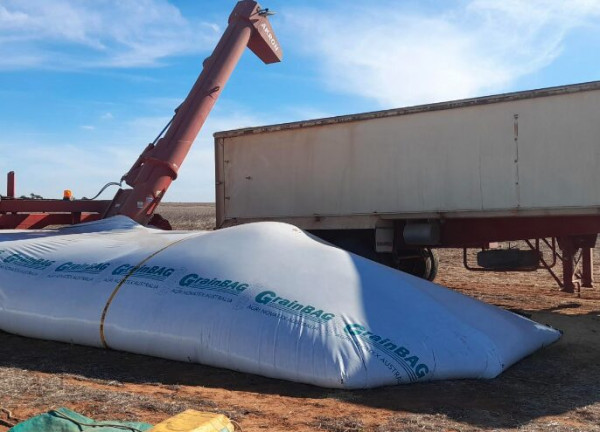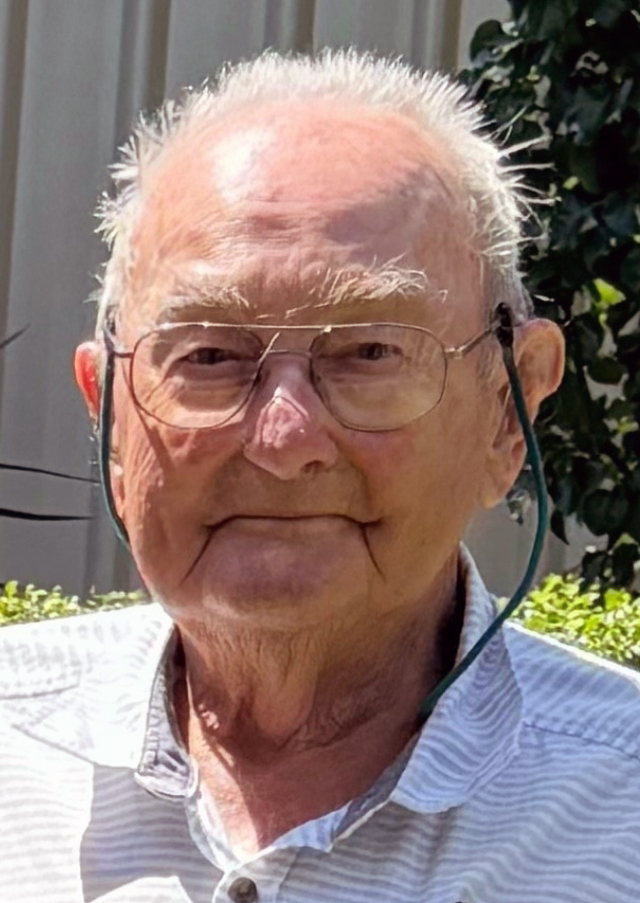MANANGATANG farmer Christine Plant hopes council’s trial of an agricultural plastic recycling project becomes a permanent sustainable waste management solution.
Swan Hill Rural City Council’s Circular Agricultural Plastics Economy Project trial began on June 17 with the assistance of a grant from Sustainability Victoria’s Circular Economy Councils Fund, which purchased a plastic waste baler.
The first trial of its kind was conducted in 2022 in the North West by RM Consultancy Group to determine the industry appetite and feasibility of transporting agricultural plastics to a recycler.
RCMG Principal Dr Anne-Maree Boland, one of the architects of the process, told The Guardian that they knew transport would be the biggest challenges of the trial.
“A major problem with agricultural plastic is the distance between where the plastics is produced and used, and where it can be recycled, but if it can be size reduced then it’s much cheaper to get down to Melbourne,” she said. “That’s where the baler comes in.”
Mrs Plant’s family-run Barafon Farms took part in the 2022 trial, and sustainably disposed of 16 tonnes of grain bags, which are essential for the immediate storage of grain during harvest.
While grain bags are not always a suitable long-term solution, harvesters are otherwise beholden to the opening hours of their local Grain Corp silo in Manangatang.
“We harvest when the weather is suitable, so for us it’s just convenient to store it in the silo bags, and then we don’t have to worry about what opening hours the silo’s operating against,” she said.
The cost of participating in the CAPE Project is “very reasonable”, she said.
“It’s $100 per tonne, which is roughly $20 per bag.
“If we can get a stewardship process going where the recycling is built into the price of the bag at purchase, that encourages people to recycle them because you’ve already paid for it,” she said.
Council Director Infrastructure Leah Johnston said the CAPE Project has six specialist recycling companies interested in purchasing baled plastics to re-mill and manufacture into new reusable products.
“The Project is aimed at diverting agricultural plastics from landfill and promoting a more sustainable approach to waste management,” she said.
The initial four-week trial will focus on grape covers, grain bags and tunnel film, and will enable council to assess the demand for the service, volumes generated and confirm costs of operations.
“It is hoped that in the future, Council will be able to extend the project to include more drop off locations and target other problematic waste streams, such as irrigation tubes.”
The 2022 trial was slated to precede a national agriculture plastics stewardship scheme.
Dr Boland expects that local council leadership will set the direction of the scheme.
“I think that’s where the industry is ready to head, looking at solutions for a particular issue in a particular region, and we’re really starting to see change at a regional scale.
“What we’ve found is that farmers want a solution and they just don’t know what to do. So this is a really on the ground solution to all of those piles of plastic they might have around their farms.
“I think Swan Hill council have been very on the front foot, so credit to them. They’ve really taken this on enthusiastically.”
Farmers can still register their interest in the four-week trial via the council website.







